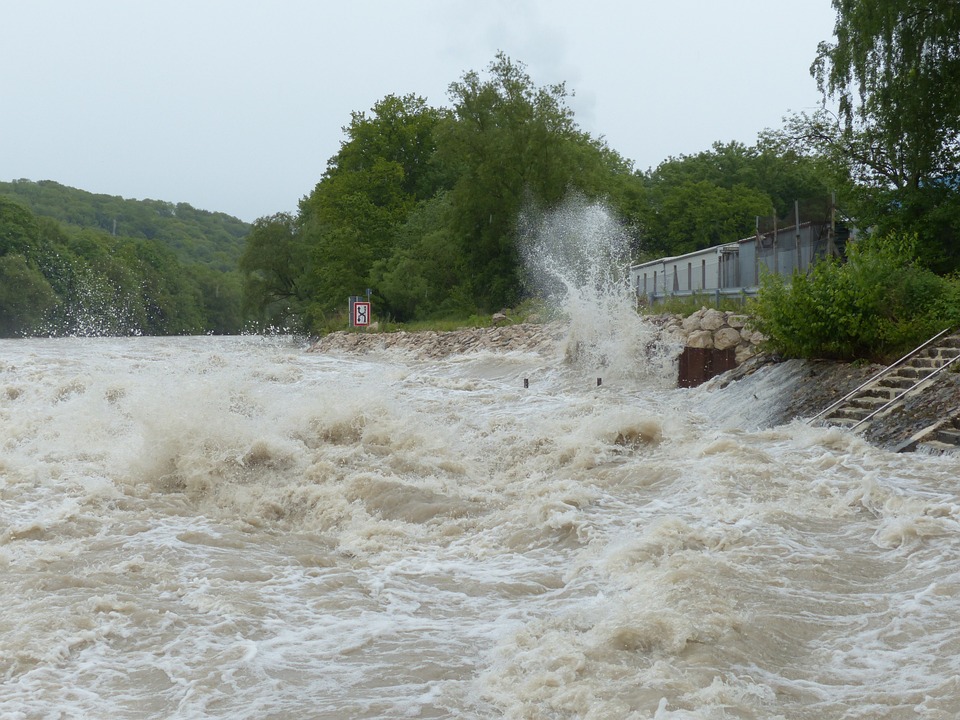and paragraphs
How Does Climate Change Impact Invasive Species?
Climate change is a major global issue, and its effects are being felt in many parts of the world. One of the most dramatic impacts of climate change is the rapid expansion of invasive species. Invasive species are plants, animals, and other organisms that are not native to a particular region and can have a negative impact on the local environment.
What Are Invasive Species?
Invasive species are species that have been introduced to an area outside of their natural range. They can be introduced accidentally, or intentionally for economic gain. Invasive species can be a major problem because they often out-compete native species for resources, resulting in a decrease in biodiversity.
How Does Climate Change Affect Invasive Species?
Climate change can cause an increase in the number and range of invasive species. This is because climate change can create new habitats and niches that are not present in the native environment. This allows invasive species to spread and establish themselves in new areas.
Climate change can also affect the behavior of invasive species. For example, rising temperatures can cause invasive species to become more active and expand their range more quickly. Warmer temperatures can also cause an increase in the reproductive rate of some species, leading to an even faster spread.
What Are The Effects Of Invasive Species?
Invasive species can have a negative impact on the environment, economy, and human health. They can disrupt native ecosystems by competing with native species for resources, resulting in a decrease in biodiversity. They can also spread diseases and cause economic damage through crop destruction.
What Can Be Done To Combat Invasive Species?
In order to combat the spread of invasive species, it is important to reduce the human activities that contribute to climate change. This includes reducing the use of fossil fuels, increasing the use of renewable energy sources, and planting trees to absorb carbon dioxide from the atmosphere.
It is also important to take steps to reduce the spread of invasive species. This includes limiting the introduction of non-native species, controlling existing populations, and eradicating species when possible.
Conclusion
Climate change is a major global issue, and its effects are being felt in many parts of the world. One of the most dramatic impacts of climate change is the rapid expansion of invasive species. In order to combat the spread of invasive species, it is important to reduce the human activities that contribute to climate change, as well as take steps to reduce the spread of invasive species.

Kyle Whyte is a notable scholar and professor at the University of Michigan, holding positions such as the George Willis Pack Professor in the School for Environment and Sustainability and Professor of Philosophy. Specializing in environmental justice, his work critically examines climate policy and Indigenous peoples’ ethics, emphasizing the nexus between cooperative scientific endeavors and Indigenous justice. As an enrolled Citizen Potawatomi Nation member, he brings a vital perspective to his roles as a U.S. Science Envoy and member of the White House Environmental Justice Advisory Council. His influential research is supported by various prestigious organizations including the National Science Foundation, and disseminated through publications in high-impact journals. Kyle actively contributes to global Indigenous research methodologies and education, with affiliations to numerous institutes and societies dedicated to traditional knowledge and sustainability. Recognized for his academic and community engagement, Kyle has earned multiple awards and served in various visiting professorships. His efforts extend to leadership positions on boards and committees focused on environmental justice nationwide.
